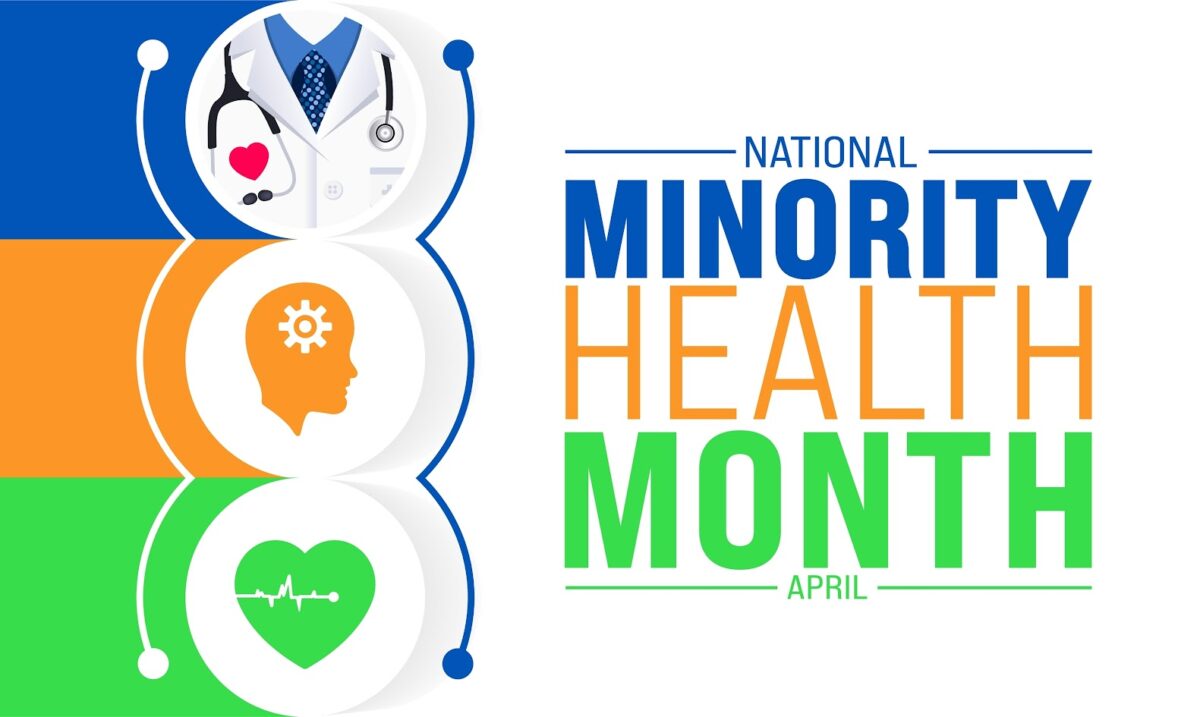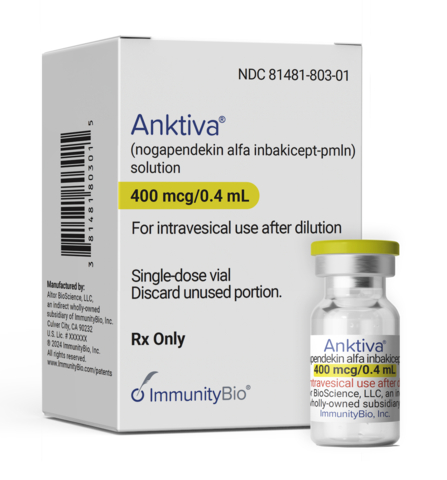The US National Institutes of Health (NIH) and Moderna continue to be at loggerheads in a COVID-19 vaccine patent spat, with the federal health agency not ruling out legal action against the Cambridge, Massachusetts-based biotech.
The NIH says their scientists played “a major role” in developing Moderna’s COVID-19 vaccine and, hence, plans to defend its claim of co-ownership, NIH Director Dr. Francis Collins told Reuters.
While the patent, which was filed in July, lists several Moderna employees in the application, no NIH staff members were included. The COVID-19 vaccine patent is for the specific genetic sequence of the spike protein used in the Spikevax vaccine.
NIH says three of its scientists — Dr. John Mascola, Dr. Barney Graham and Dr. Kizzmekia Corbett — assisted in the design of the spike genetic sequence and should, therefore, be included on the patent application.
According to the New York Times, NIH claims it was blindsided by Moderna’s exclusion of the NIH scientists. Dr. Graham has since retired while Dr. Corbett now runs her own lab at Harvard.
Advocacy group Public Citizen has been following the COVID-19 vaccine patent dispute between Moderna and the NIH and wrote a letter to Dr. Collins last week asking him “to publicly clarify the role of the NIH in the invention of the vaccine.” They requested for him “to ensure the contributions of federal scientists are fully recognized.”
Related: Moderna Unwilling to Share COVID-19 Vaccine Formula Amid Vaccine Inequities
“I think Moderna has made a serious mistake here in not providing the kind of co-inventorship credit to people who played a major role in the development of the vaccine that they’re now making a fair amount of money off of,” Collins said.
Collins said that NIH has been trying to work with Moderna to resolve the COVID-19 vaccine patent dispute “amicably” for the past little while but hasn’t gotten anywhere with the company.
“I did not expect that to be the outcome from what had been a very friendly, collaborative effort between scientists at NIH and Moderna over many years,” Collins said.
The US doled out $10 billion to Moderna to aid in the development of the vaccine. Both the Biden and Trump administrations also bought $35 billion worth of the shots to be produced until the end of 2022.
If the two cannot reach a mutually agreeable way to share credit on the COVID-19 vaccine patent filing, the federal agency may contemplate taking Moderna to court, which would be expensive and time-consuming.
Collins said given the NIH’s efforts, going to court is the only plausible course of action. He said the NIH is not backing down and is “not done,” and that, “clearly, this is something that legal authorities are going to have to figure out.”
COVID-19 vaccine patents remain a contentious issue, particularly in light of global vaccine equities. Last month, Moderna turned down a request to the World Trade Organization (WTO) from developing countries, as well as the US, for it to share its vaccine recipe so that low-income countries in need of the shots could produce their own locally. Moderna said the mRNA technology of the vaccines requires the building of specific manufacturing facilities and technical expertise to run them. Moderna said it would be easier for the company to produce the vaccines themselves. But it remains to be seen how Moderna will achieve the goal of producing more doses as it hasn’t announced any new partnerships with contract manufacturers for increasing production of the vaccine.
According to Unicef, G20 member countries have 15 times as many COVID-19 vaccine doses per capita than countries in sub-Saharan Africa.
Public Citizen’s Zain Rizvi told the New York Times that if NIH had co-ownership on the COVID-19 vaccine patent, it would enable the government to have more direct involvement in making the vaccine even after the pandemic is over. Moderna had promised that it would not impose patents on its vaccine during the pandemic. However, the US continues to be accused of vaccine hoarding by groups like Doctors Without Borders.
Moderna anticipates the revenue from its COVID-19 vaccine, which is the company’s first ever commercial product, to be in the range of $15 billion to $18 billion this year and up to $22 billion next year.
Moderna did not respond to Xtalks’ request for comment on the issue.












Join or login to leave a comment
JOIN LOGIN